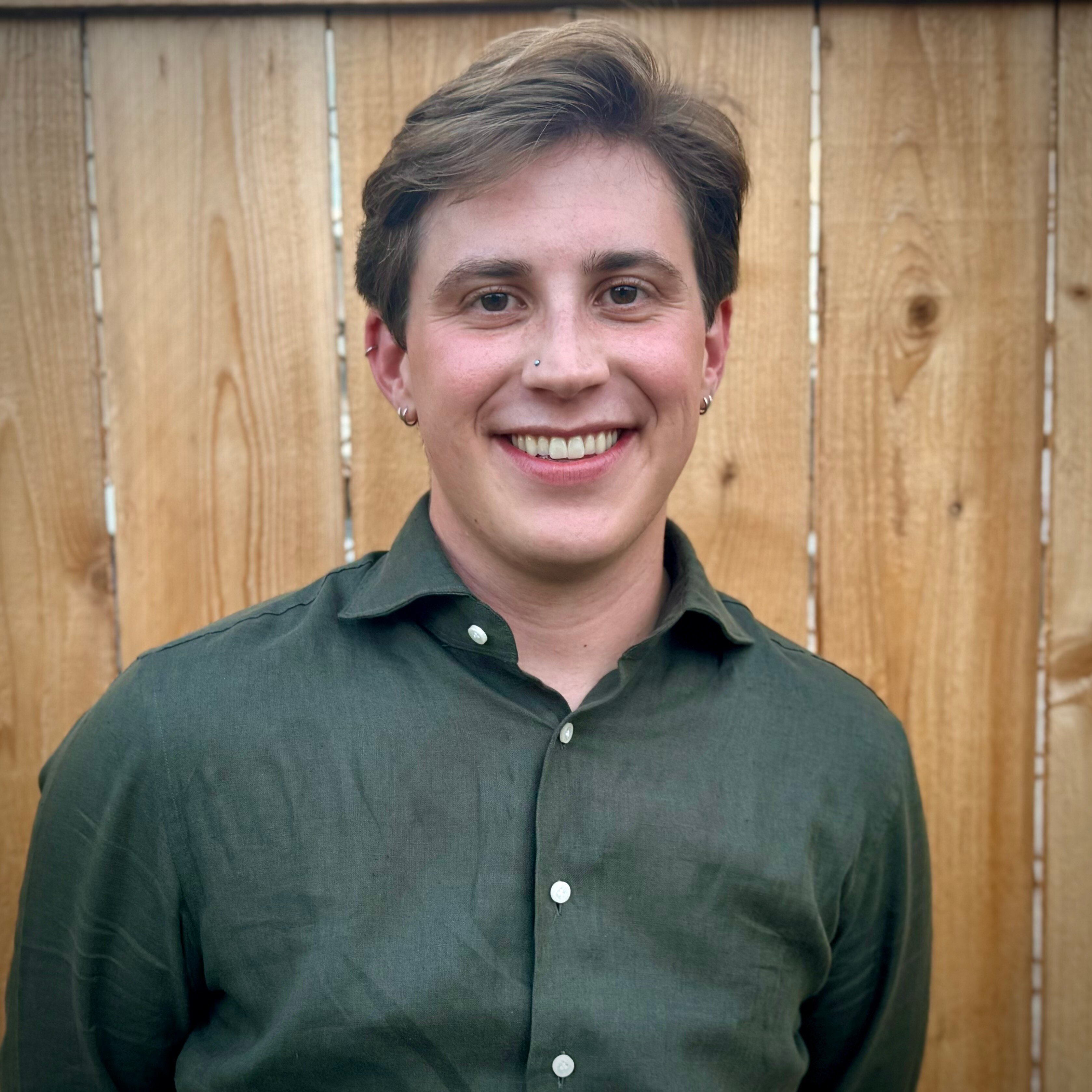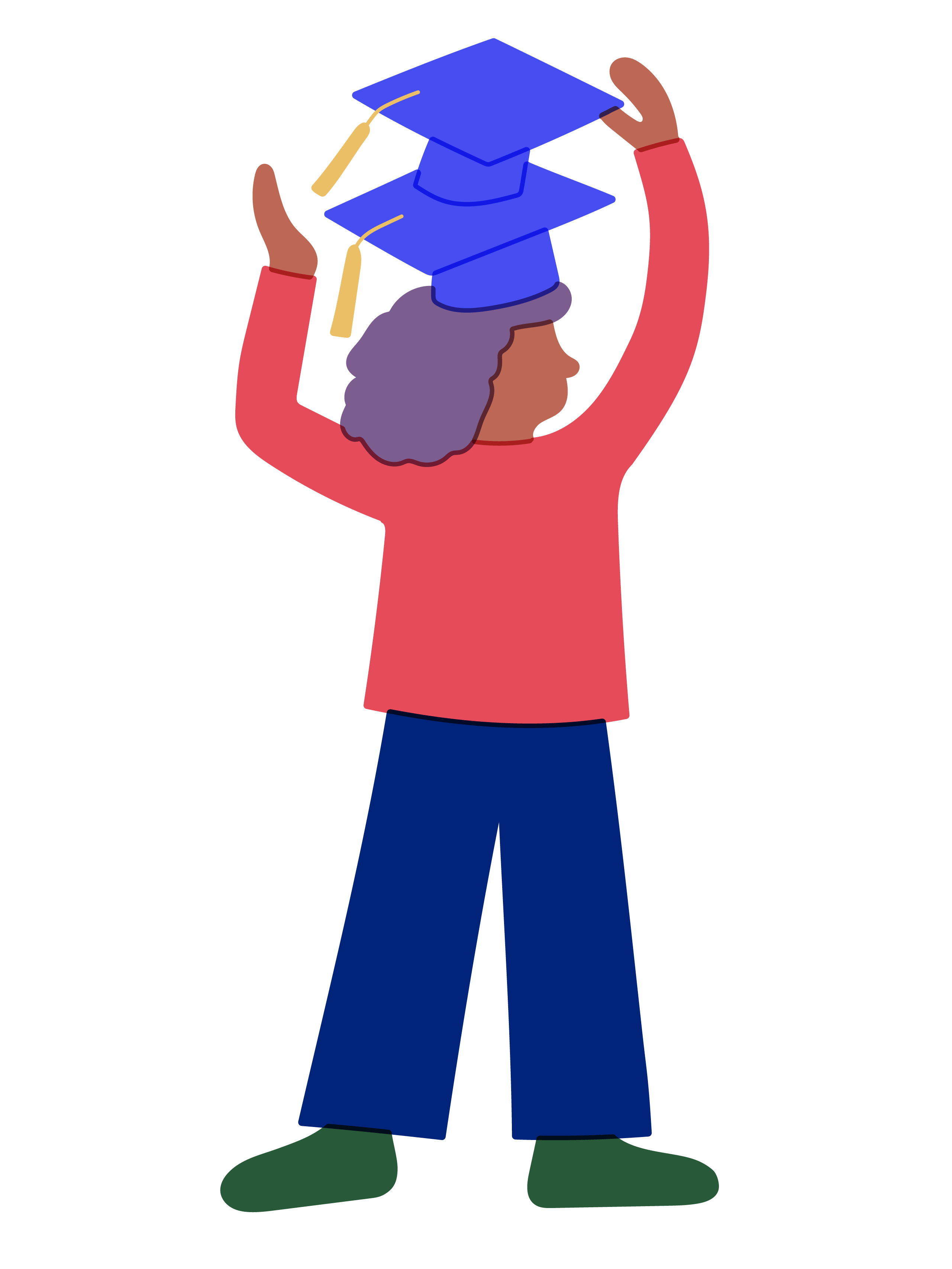%20(16).png?width=1080&name=Title_%20How%20to%20Study%20Efficiently%20for%20Hours%20On%20End%20(With%20the%20Help%20of%20a%20Tomato)%20(16).png) Sometimes also referred to as a personal statement or statement of objectives, this 1,000-2,000-word document is a key part of your application to PhD programs. The faculty reads hundreds of these essays, so, for their benefit and yours, keep your statement clear and simple. There are three essential questions that need to be answered in this essay. Answering them in order as follows makes for a tight and comprehensive statement:
Sometimes also referred to as a personal statement or statement of objectives, this 1,000-2,000-word document is a key part of your application to PhD programs. The faculty reads hundreds of these essays, so, for their benefit and yours, keep your statement clear and simple. There are three essential questions that need to be answered in this essay. Answering them in order as follows makes for a tight and comprehensive statement:
- What do you want to study?
- Why are you most qualified to do so?
- Why do you want to study at this program?
Note that for most applicants, the content related to questions one and two will be the same. Therefore, your essays can often remain similar (or even the same) with different ending sections for each program.
1. What do you want to study?
Something compelled you to apply for graduate school. Was it a problem? An unfinished undergraduate paper? Experiences that left you troubled or intrigued? Most graduate programs would like you to lay out a plan for your future course of study, acknowledging that you may develop other interests over time.
- Set the scene: what is already known? Cite specific scholars, and use keywords in your discipline to show where your interests lie within the broader scope of the field.
- Based on what is already known, where are the gaps in knowledge?
- What questions are you asking? Which questions invite further study?
- Why does this matter to the field of interest? In other words, how would answering these questions contribute to knowledge in your area?
2. Why are you most qualified to do so?
Don’t be afraid to brag! Most PhD programs in the humanities and social sciences are relatively hands-off. It’s up to students to be proactive in their course of study, and the faculty wants to select students who will thrive rather than flounder. Consider: what experiences have you had that will help you in your graduate studies? Maybe it was a unique undergraduate or master’s thesis, a year abroad, or prior experience in research methodologies related to your discipline. Use this question as a way to demonstrate that you are driven and independent. It’s also helpful to describe how you became interested in the topic you propose to study, as this will often highlight the experiences that make you well equipped for a PhD.
3. Why do you want to study at this program?
Each program will not only be looking for qualified applicants, but also those who are a good fit for the expertise of the department. How do your interests align with the aims of the program and the specialties of the faculty? Feel free to name-drop here!
Bonus:
Attacking these three questions with concise and relevant answers will form the backbone of your essay. There are a couple of additional topics that may be worth discussing:
- While most programs are looking to advance knowledge in their discipline, if the questions you are asking are of broader import, then say so! For example, how could your study of the history of machine learning shed light on the implications of widespread AI use in manufacturing, banking, or healthcare?
- It can be helpful to suggest a methodology for your future course of study, if applicable. This shows that you have thought about how the tools of the discipline can answer the questions you have.
Remember, this statement needs to be clear and pithy. Following the structure of these three questions will keep you on track, helping your readers effectively understand your application. Good luck!


Comments